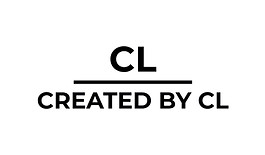top of page
Optimisation of Kärcher Shopping Assistant
Client: Kärcher (Greenhouse Group/GroupM Nexus project)
Date: April 2023 - May 2023
"The Kärcher Shopping Assistant was already finished. However, the analyses and optimizations were still being done, and I was involved in this process."
Setting up the test
We saw that the amount of chat starts stayed around the same number each month, and of course, it will be suitable for Kärcher to increase this number. In order to increase that number, we concluded that applying a psychological mechanism would positively affect the start rate of the chatbot.
The psychological mechanism that we used was "social proof", in which we informed the user how many people were helped when using the chatbot. This psychological mechanism was applied in the welcome message of the chatbot. The hypothesis was that when the "social proof"mechanism is applied, this would increase the amount of chats started. In order to validate this hypothesis, we set up an A/B test, with two conditions. Condition A had no social proof manipulation (see Figure 1), while Condition B had a social proof manipulation (see Figure 2).

Figure 1. Condition A, without manipulation

Figure 2. Condition B, with the "social proof" mechanism
Results of the test
The test was conducted for three weeks in order to gather a sufficient sample size in each condition. After a reliable sample size in both conditions, we analyzed the results of the A/B test. The results showed that it was significant and that the "social proof" mechanism indeed had an impact on whether users would start a chat with a chatbot. With these results and applying the optimization, the start ratio of the Kärcher Shopping Assistant grew in the next couple of months after the experiment.
For more information regarding the A/B-test or the potential of applying psychological mechanisms in optimizations, please contact me for more information!
bottom of page
